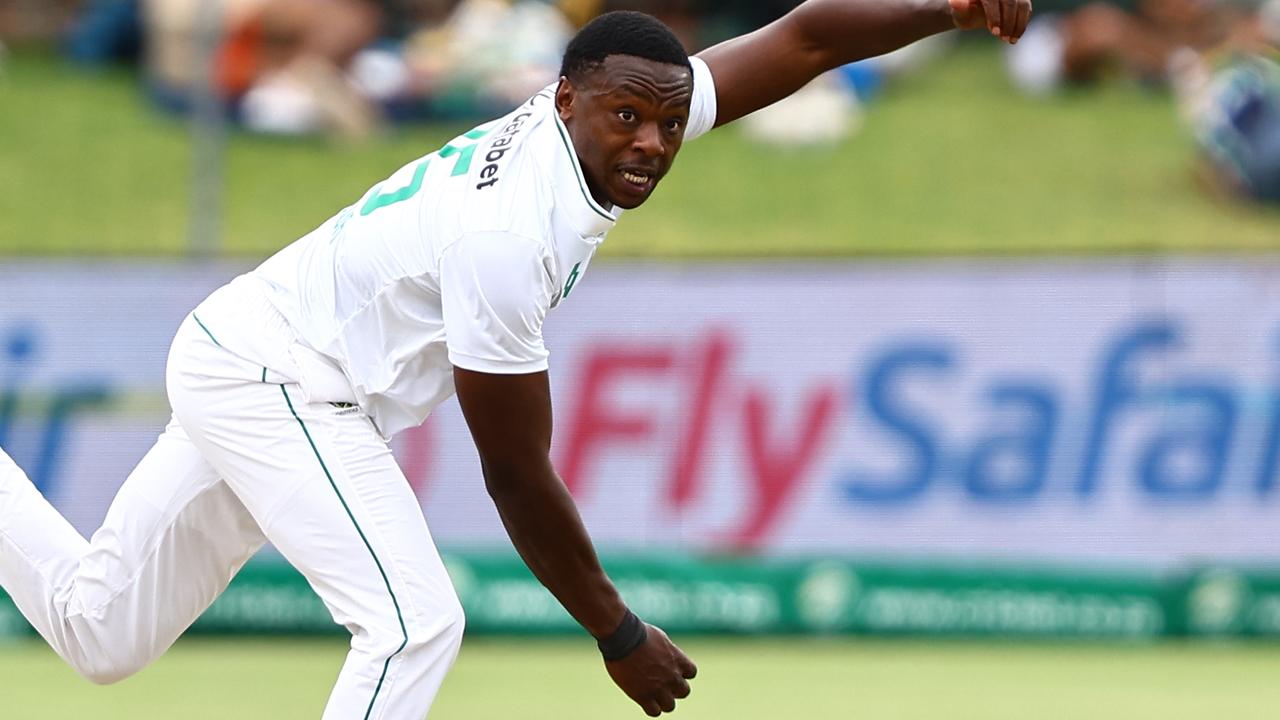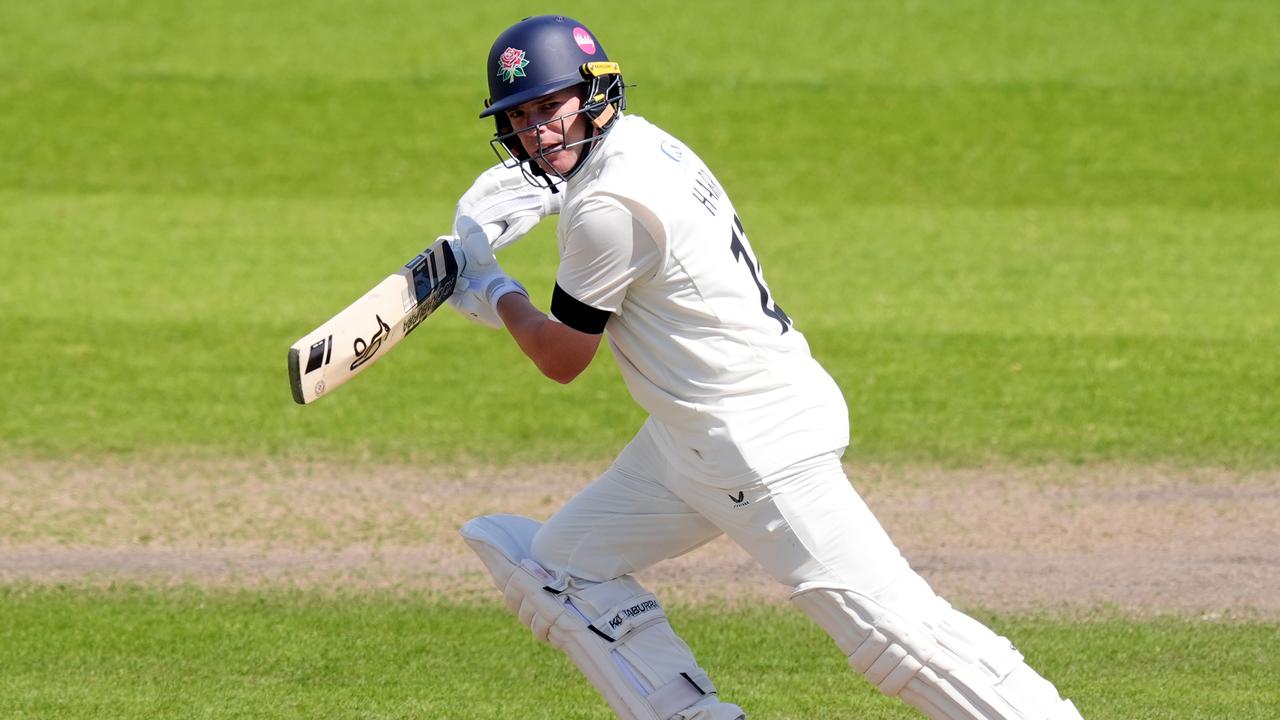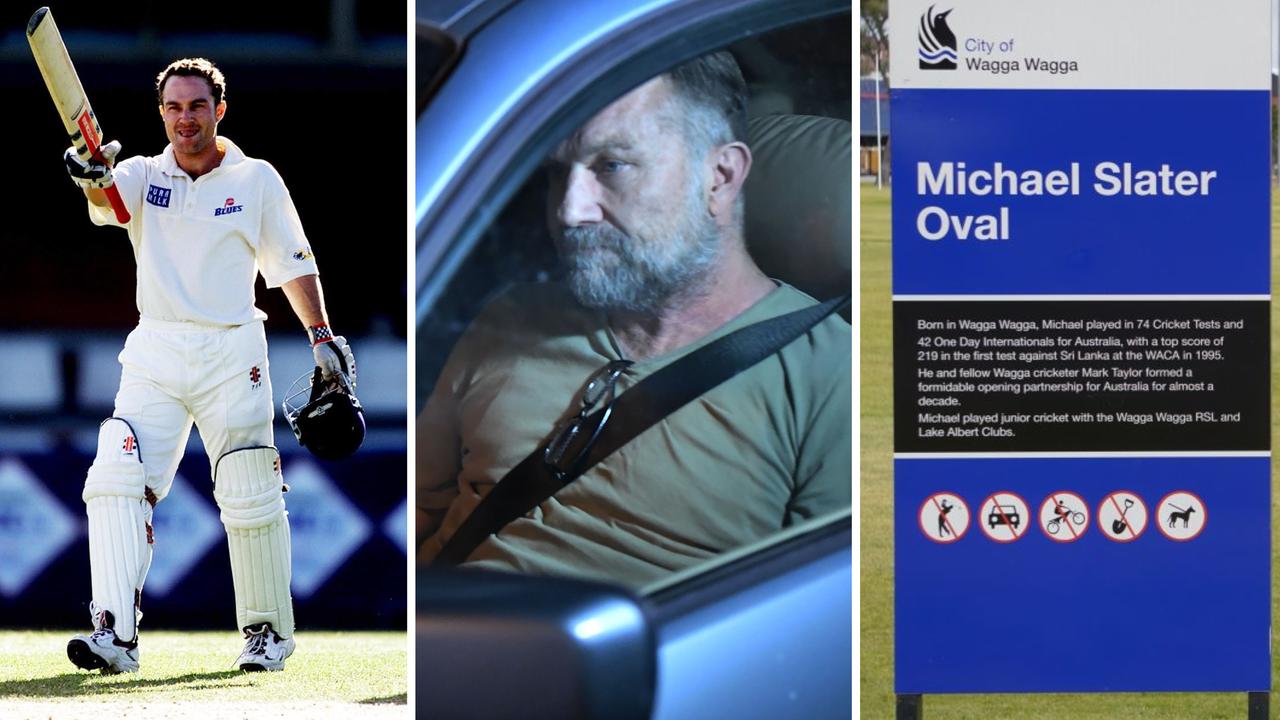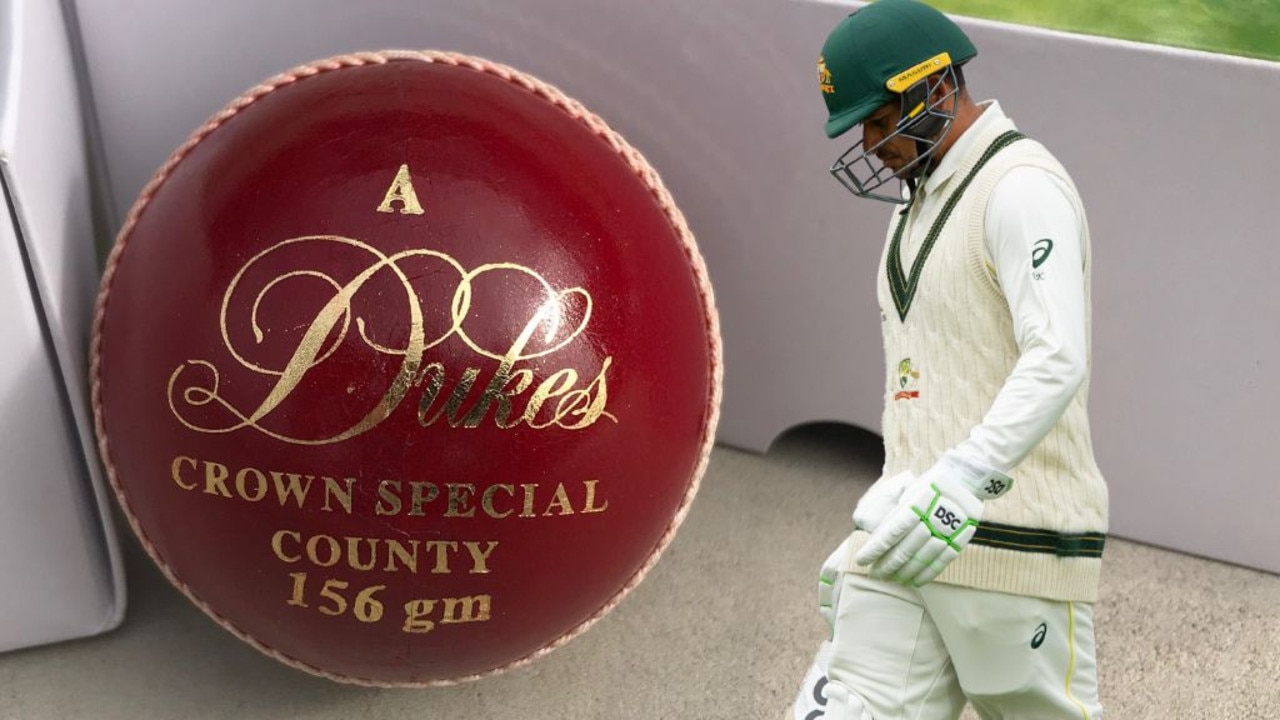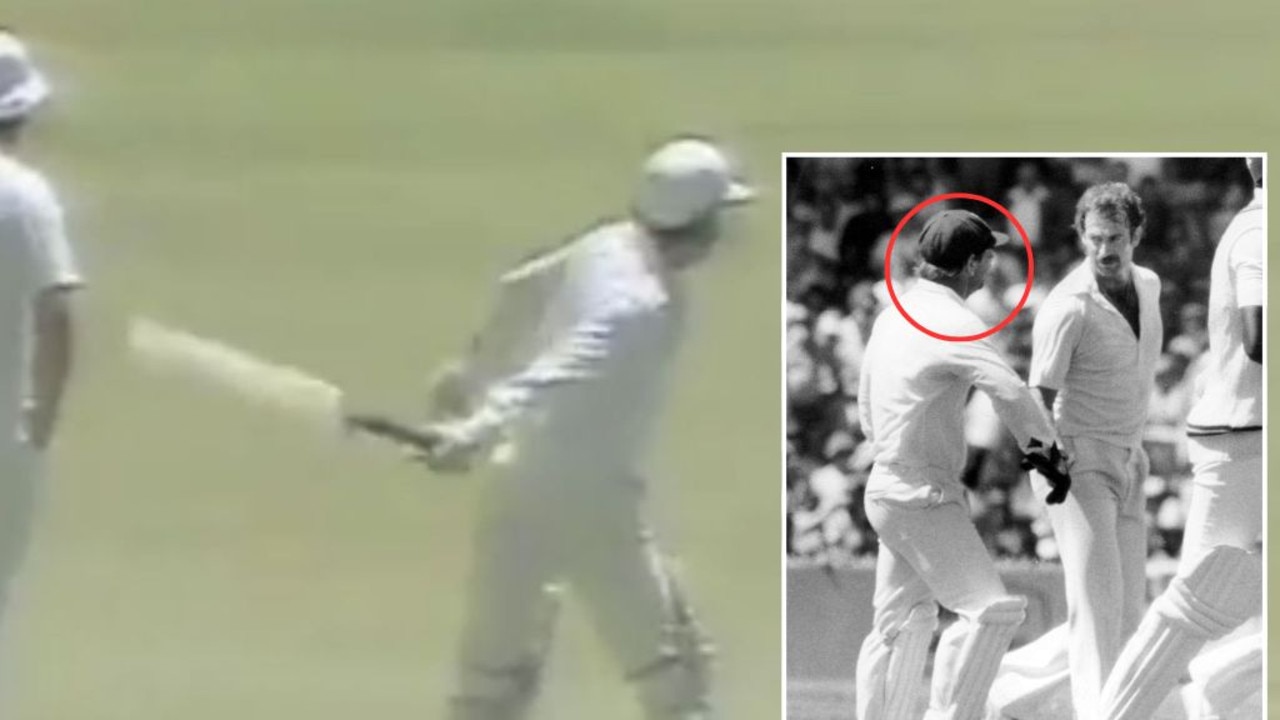Analysis: Australia’s Champions Trophy squad highlights domestic one-day competition’s national irrelevance
Of those in Australia’s Champions Trophy squad, the leading domestic one-day wicket-taker this season is Marnus Labuschagne. This, DANIEL CHERNY writes, highlights our one-day domestic competition’s irrelevance.
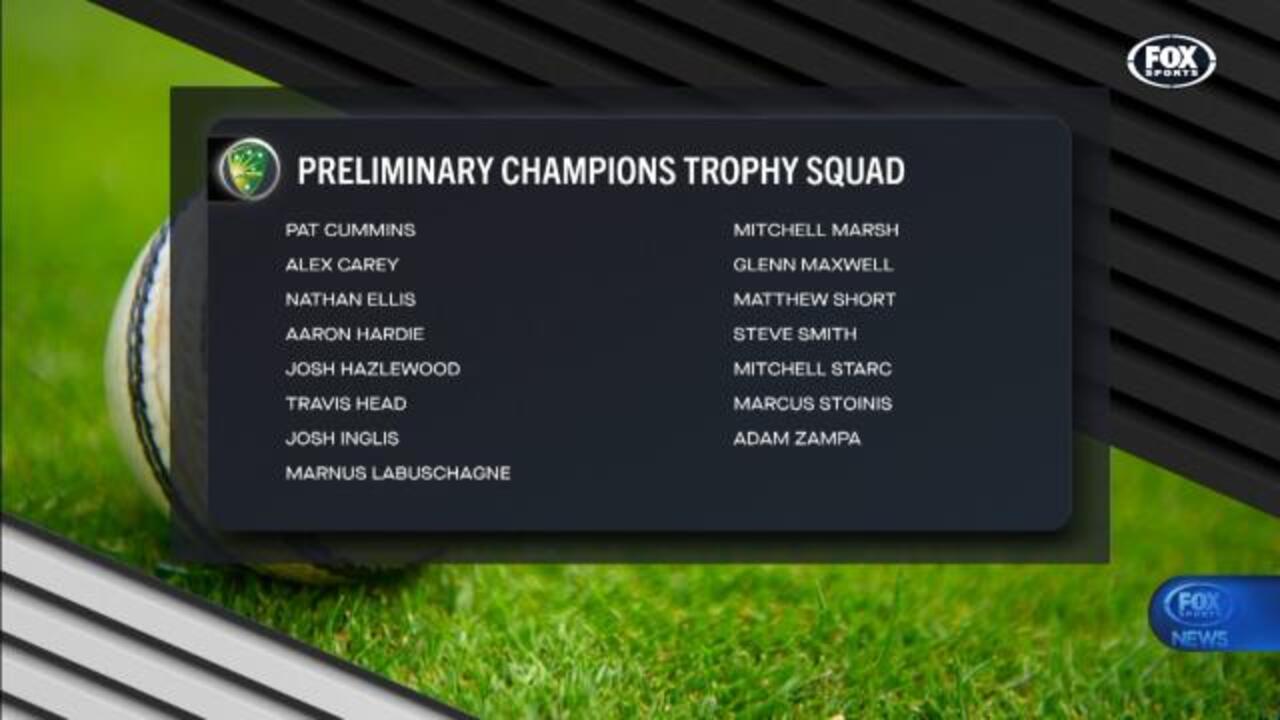
Cricket
Don't miss out on the headlines from Cricket. Followed categories will be added to My News.
The biggest loser of Australia’s Champions Trophy squad announcement wasn’t Jake Fraser-McGurk. It wasn’t Sean Abbott. It wasn’t a player at all.
It was the competition recently rebranded the Dean Jones Trophy, the men’s one-day domestic league, which looks as irrelevant as it has ever been from a national selection perspective.
There were no major shocks in the 15-man squad unveiled by George Bailey and his fellow selectors on Monday.
Completely reasonably, they have stuck with the overwhelming majority of the group that took them to World Cup glory in Ahmedabad 14 months ago.
And while the squad once more has an oldish feel to it, especially compared to the fresh faces named for the Sri Lanka Test series, selectors can hardly be accused of not blooding youth in the one-day format since the World Cup.
Fraser-McGurk, Lance Morris, Xavier Bartlett, Will Sutherland, Ben Dwarshuis and Cooper Connolly all made their one-day international debuts in 2024, and with the possible exception of 30-year-old Dwarshuis, all look like potential long-term international cricketers.
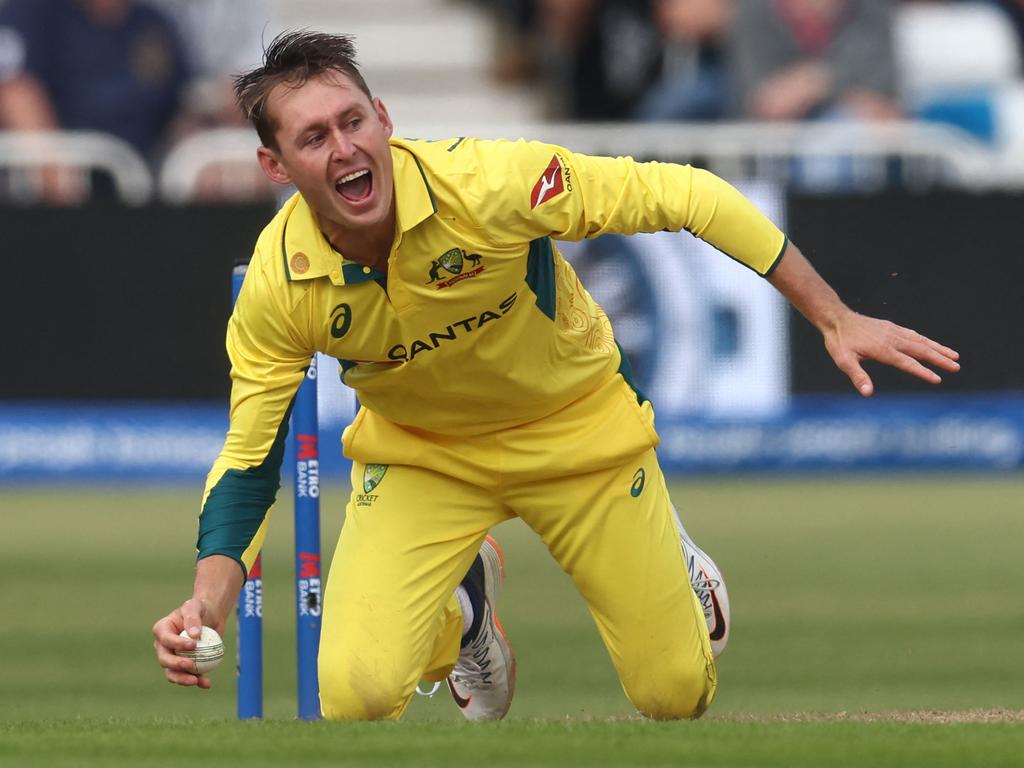
But while the Champions Trophy has rarely if ever cut through with the Australian public, it is nonetheless one of only four pieces of senior men’s ICC silverware up for grabs. And the only one that none of the current Australian core has never claimed, with the Aussies last adorning the garish white blazers in 2009.
With Cameron Green absent and Mitch Marsh not bowling as much as he once did, all-rounder Hardie helped shore up his position with solid pace-bowling performances in September’s white-ball tour of the UK.
Fraser-McGurk ultimately had not scored enough runs – either in international or domestic cricket – to be picked ahead of the more bankable and versatile Matt Short.
The most curious call was the naming of 35-year-old Marcus Stoinis, whose ODI record had been middling before he was dropped for the World Cup semi-final last year.
That shaped as a possible end of the road in one-day cricket for Stoinis, for whom fans have too readily conflated one-day and Twenty20 form.
In the shorter format the West Australian has been among Australia’s most dependable players since 2021.

But selectors showed their hand that Stoinis was still in the Champions Trophy frame when recalling him for the ODI series against Pakistan in November, in which he played just one game, making eight from 25 balls batting at No.6 then sending down three overs for 11 opening the bowling.
That in and of itself is neither here nor there, as plenty of players get dropped and then get recalled, sometimes even in their mid-30s.
But what makes Stoinis’ recall such a fascinating case is that the Pakistan match in Perth is the only one-dayer of any sort he’s played in 14 months.
Having lost his Cricket Australia contract last year (although he has since qualified for an upgrade), Stoinis also stepped away from a state deal with WA.
Unlike fellow national representatives Andrew Tye, Jason Behrendorff and Ashton Agar – all of whom have played for WA this season despite not receiving state contracts – Stoinis is purely a short-form circuiter these days.
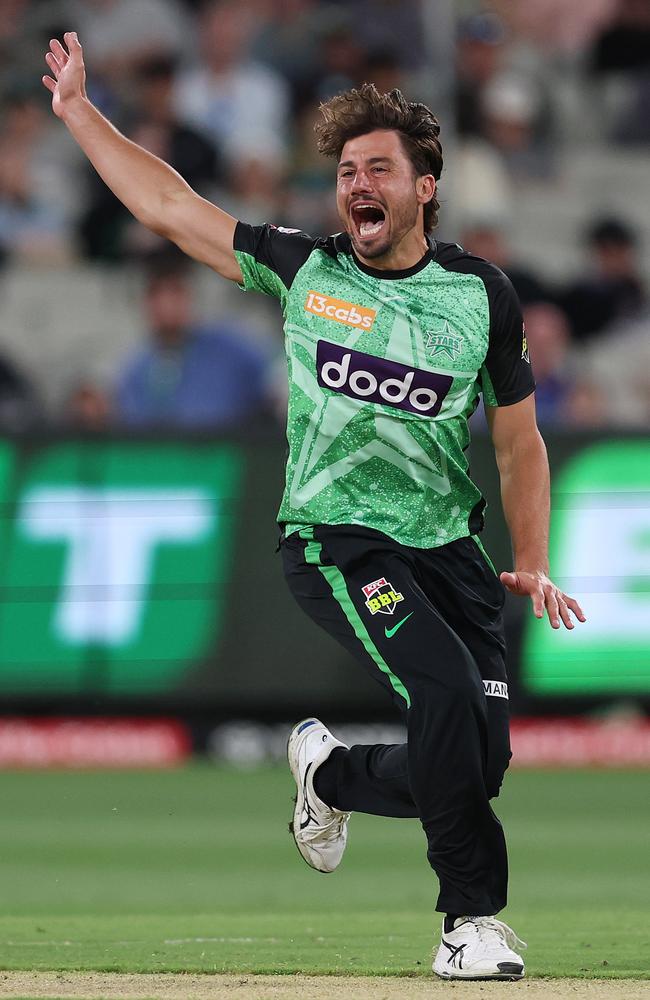
While the one-day cup was continuing through November and December, Stoinis was in Abu Dhabi playing in the T10 competition.
“There’s been a few states and state players who have gone down that route, and just depending what else they’re playing around the world or in different tournaments, how much they’re actually available to play domestically,” Bailey said on Monday.
“Certainly from our mind in terms of Stoin, he’s been part of this build and the thinking of how we wanted to structure this squad up for a while.
“Hence, he was, he was part of that one day squad, the last game we played against Pakistan. And we do value the option to have a really all-rounder heavy squad.”
Selectors still value Sheffield Shield form. If not for Shield runs, none of Nathan McSweeney, Sam Konstas nor Beau Webster would have got their respective baggy greens over the summer.
It is hard though to make a serious case that domestic one-dayers, often played on outground pitches that bear little resemblance to those in international cricket, still count for much when it comes to national selection.
Sutherland and Dwarshuis have been rewarded with the occasional game on the back of strong domestic one-day form over the past couple of years but they are very much the exceptions.
The top Australian players barely play in the Shield. They play even less in the one-day cup. None of the top 15 runscorers in this year’s Dean Jones Trophy are in the Champions Trophy squad.
Of those in the squad, the leading domestic one-day wicket-taker this season is Marnus Labuschagne with three.
Injury and national commitments have meant that Nathan Ellis hasn’t played a List A game since November 2023, and yet he has leapfrogged Abbott to secure the spot as Australia’s fourth specialist quick, seemingly entirely on T20 form.
A similar phenomenon has occurred in England, where the 50-over competition now overlaps with The Hundred making the longer format league a glorified development tournament.
The reality is that outside of ICC events, there is little to no appetite for one-day cricket: domestic or international.
The call to name the competition after the iconic Jones was a lovely nod to nostalgia but the 50-over game is a far cry from the halcyon days of Jones bounding between the wickets at a packed MCG.
More Coverage
Originally published as Analysis: Australia’s Champions Trophy squad highlights domestic one-day competition’s national irrelevance




